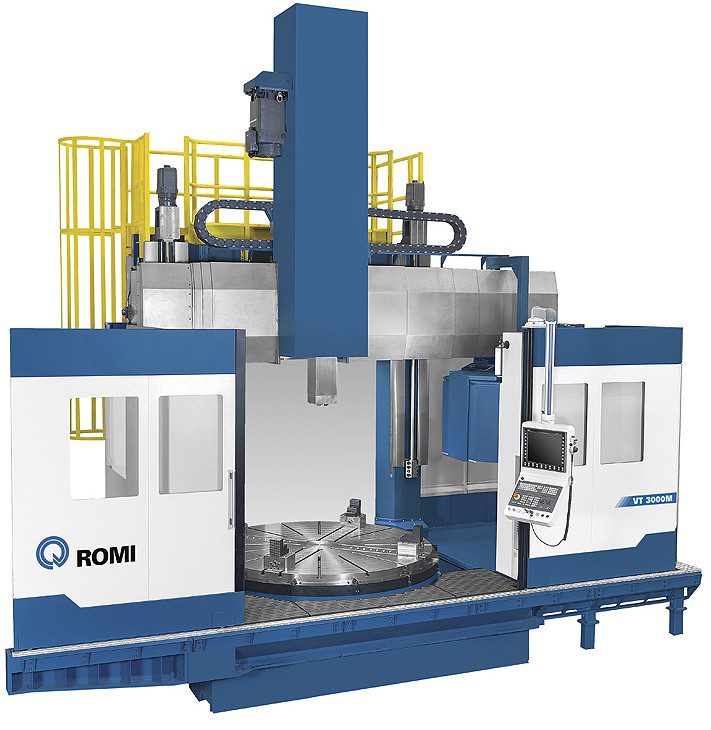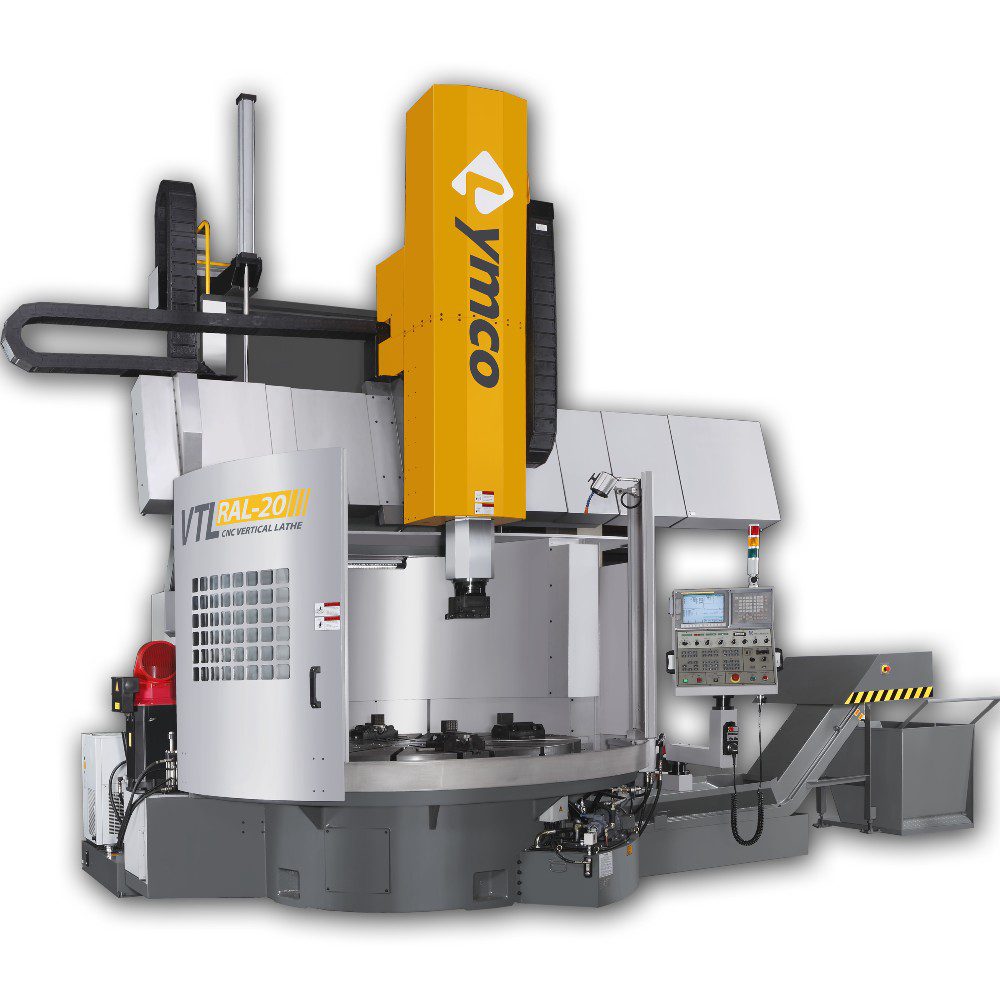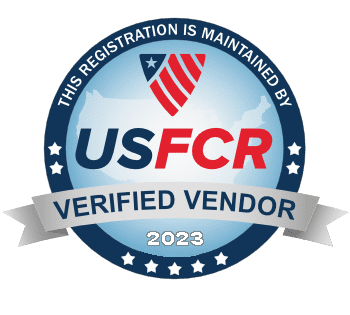Vertical Turning Lathes

Romi Vertical Lathes
Vertical turning centers from ROMI VTL Series were designed to operate in medium and high production environment. They have a robust structure, offer rigidity, stability and flexibility in the processes for machining several types pieces with the aid of chuck.
What Are Vertical Turning Lathes?
Vertical turning lathes, sometimes called vertical turning centers, are large industrial machines used to accurately machine rotationally symmetric workpieces. The cutting tool remains stationary while the workpiece rotates. This configuration allows for the efficient machining of very large-diameter parts.
On a vertical lathe, the workpiece is securely clamped to a rotary table that provides the turning action. This rotary axis gives vertical lathes their exceptional versatility in handling large complex components. The table is driven by a powerful motor and gearbox which smoothly and precisely positions the workpiece at varying orientations.
Depending on the size and complexity of operations required, vertical lathes come equipped with either a turret-style tool holder that can automatically index different cutting tools into position or with a ram-style design where tool posts are manually changed for each operation. This makes set-up efficient when machining components that require different processes.
Vertical Lathe Specifications and Components
A vertical turning lathe is a complex system comprised of several integrated components. Each component plays a pivotal role in ensuring the overall efficiency, reliability, and functionality of the vertical lathe. Here are the primary components of a standard vertical turning center:
- Heavy-duty bed, column, and base for stability
- Powerful programmable spindle motor
- Rigid rotating table with precision thrust bearings
- Twin-bar style guideways for smooth slide motion
- Automatic turret or ram-style tool selection
- High pressure coolant system
- Advanced CNC control system
Key specifications that define vertical lathe capabilities include:
- Swing over bed: The maximum diameter that can be rotated over the machine bed
- Swing over cross-slide: The max diameter that clears the cross-slide
- Distance between centers: Height capacity between headstock and tailstock
- Horsepower and torque: Critical for driving heavy cuts
- Rapid traverses: Moving speeds for turret/ram and cross-slide
- Accuracy and repeatability: Precision capability
The Key Advantage of Vertical Turning Lathes
A vertical turning lathe is a significant asset in many manufacturing and industrial settings. In contrast to horizontal lathes, they position the cutting tool in such a way that gravity aids the machining process, boosting efficiency. With exceptional rigidity and dynamic rotational force capacity, they excel at heavy-duty cutting of complex geometry. These machines offer several key advantages, including increased productivity, heightened accuracy and precision, and cost-effective operation.
Increased Productivity
The vertically oriented spindle and rotating table design allows chips and coolant to fall away from the machine, rather than accumulating around the workpiece. This facilitates extended unmanned production runs and enables smooth, uninterrupted machining.
The powerful programmable spindle motor and rigid guideway system give our vertical lathes excellent dynamic stiffness and damping characteristics. This allows much heavier cuts to be taken compared to conventional lathes, boosting metal removal rates.
Advanced tool indexing turrets auto change cutting tools, eliminating time wasted manually swapping posts. Combined with generous travel distances and rapid traverses, this leads to very high production efficiency.
Enhanced Accuracy and Precision
Preloaded linear guideways maintain consistent sliding contact. This gives our vertical lathes exceptional position control and contouring performance when facing, boring, and turning intricate forms. The vertical orientation allows very heavy components to be supported on both ends. Holding workpieces firmly with minimal deformation enables extremely tight tolerances. Precision ground spindle and rotary table bearings further enhance accuracy.
Sophisticated CNC software seamlessly handles complex tool path coordinates. Features like look ahead and adaptive feed control maintain uniform cutting loads, optimizing precision.
Cost-Effective Operation
Despite their heavyweight construction, vertical turning centers have compact footprints. This leaves more floor space for operators and material handling compared to horizontally oriented machines with similar swing capacity.
Advanced software and tooling arrangements slash setup times. Powerful cutting capability produces finished parts in fewer operations. This leads to impressive price-per-part cost benefits. Reliable production of large precision components entirely in-house eliminates outsourcing steps to external vendors. Bringing processes under one roof gives manufacturers greater quality control and cost efficiency.
Our vertical turning lathes deliver unmatched versatility, efficiency, and precision machining capabilities for extra-large diameter parts. Their unique strengths in productivity, accuracy, and cost-effectiveness make them highly valued production solutions across leading heavy industries.
* Indicates required entries.




